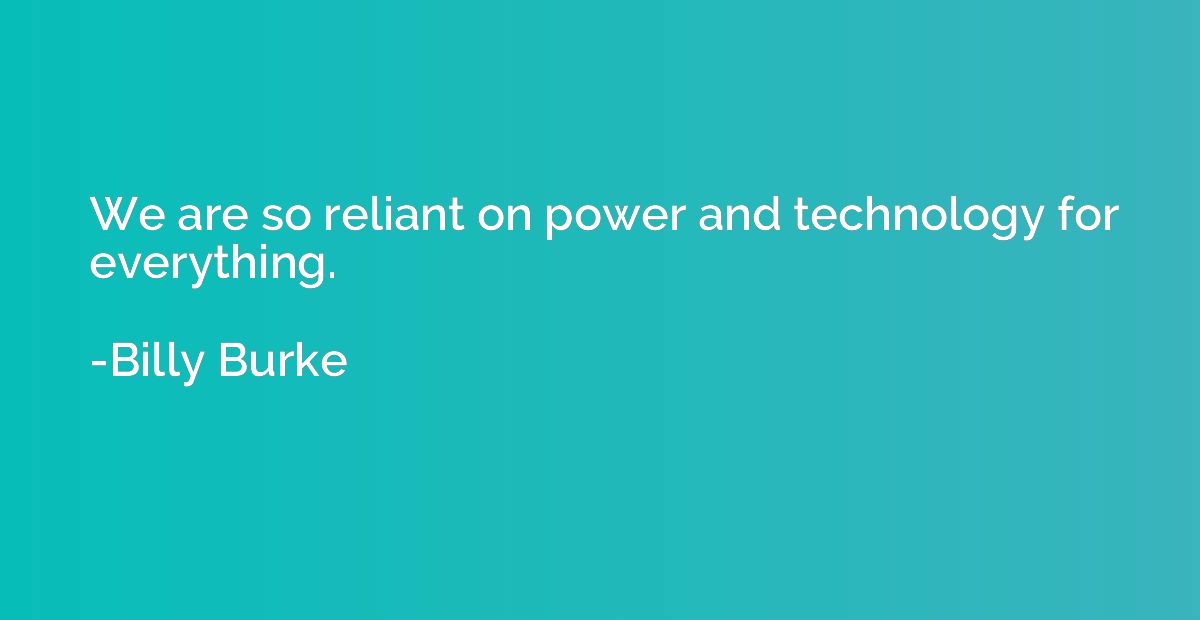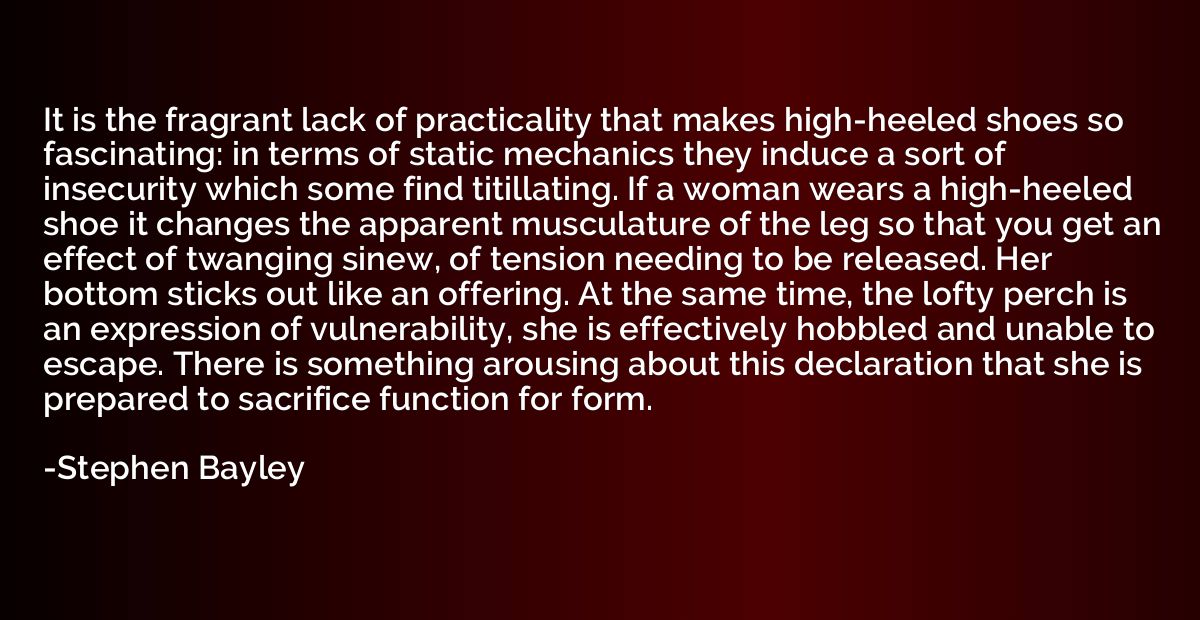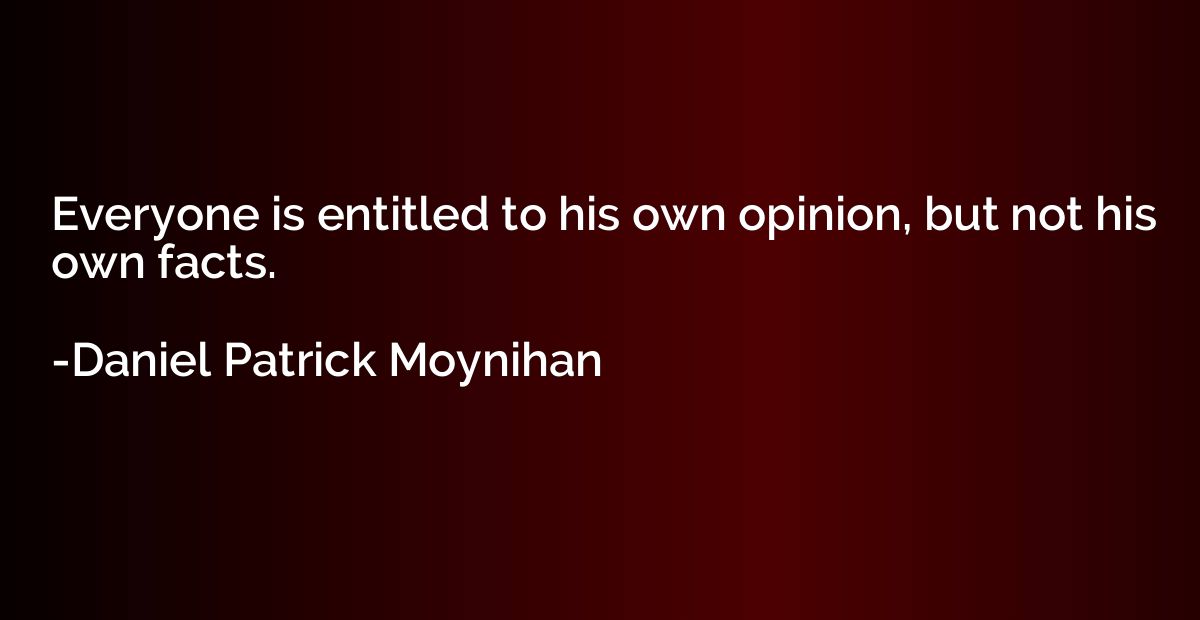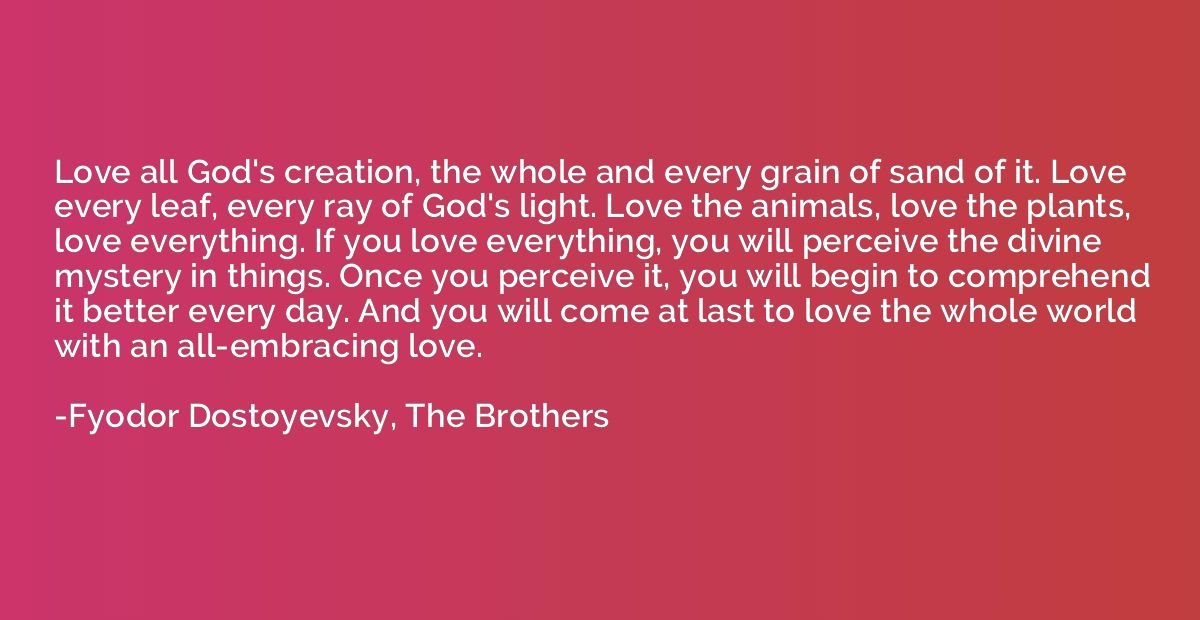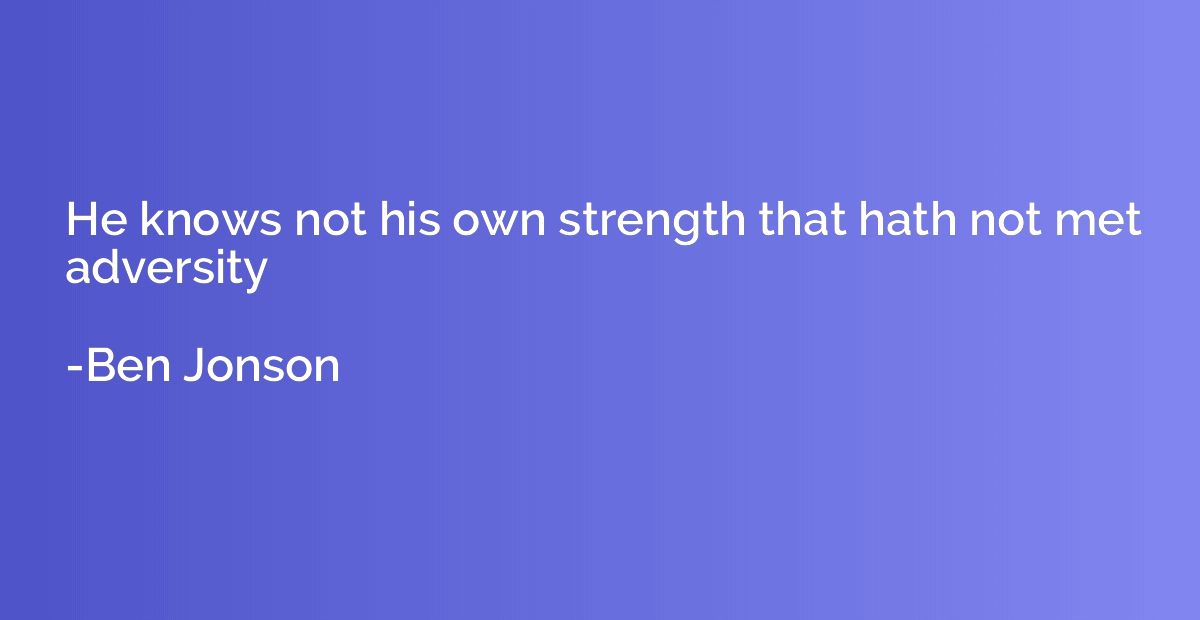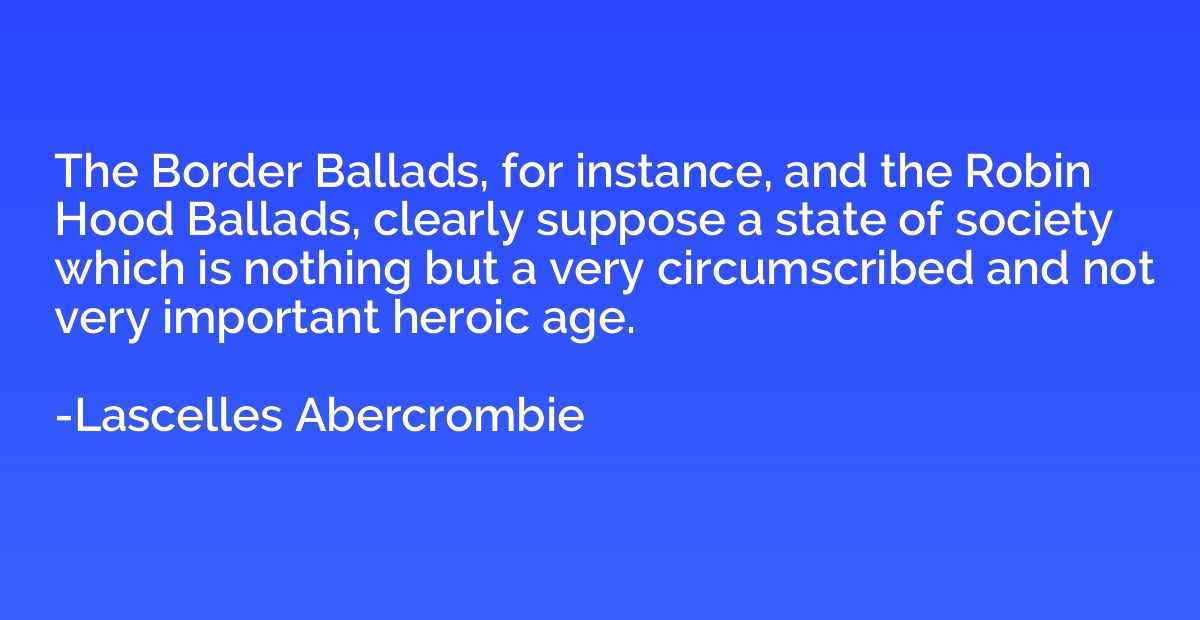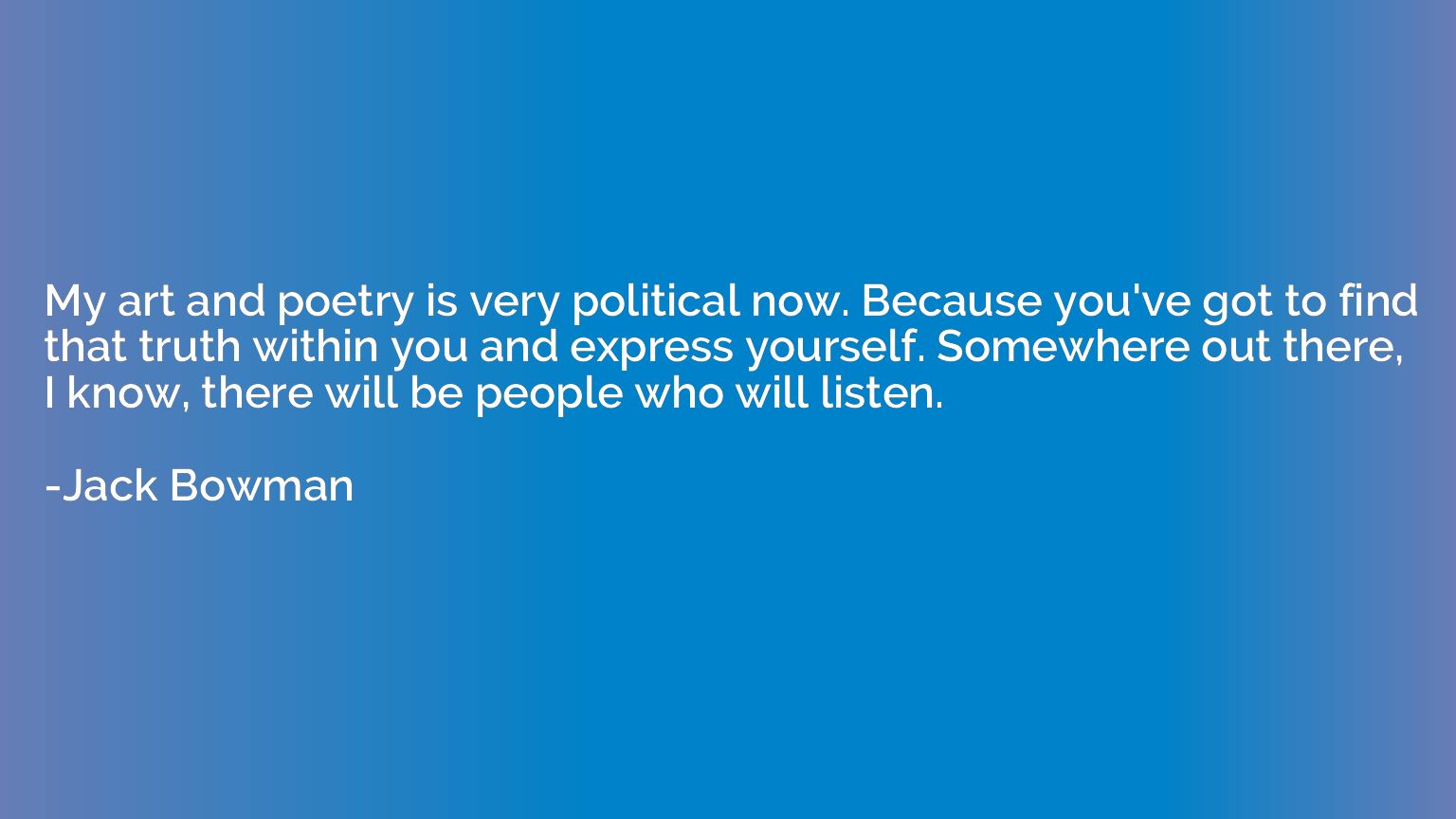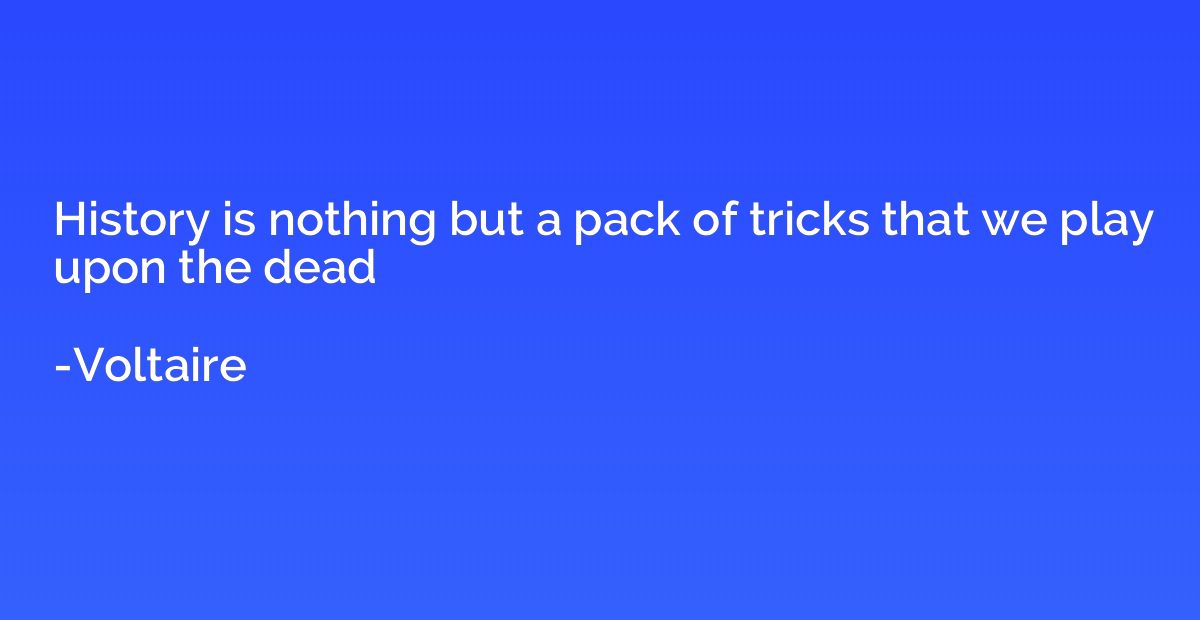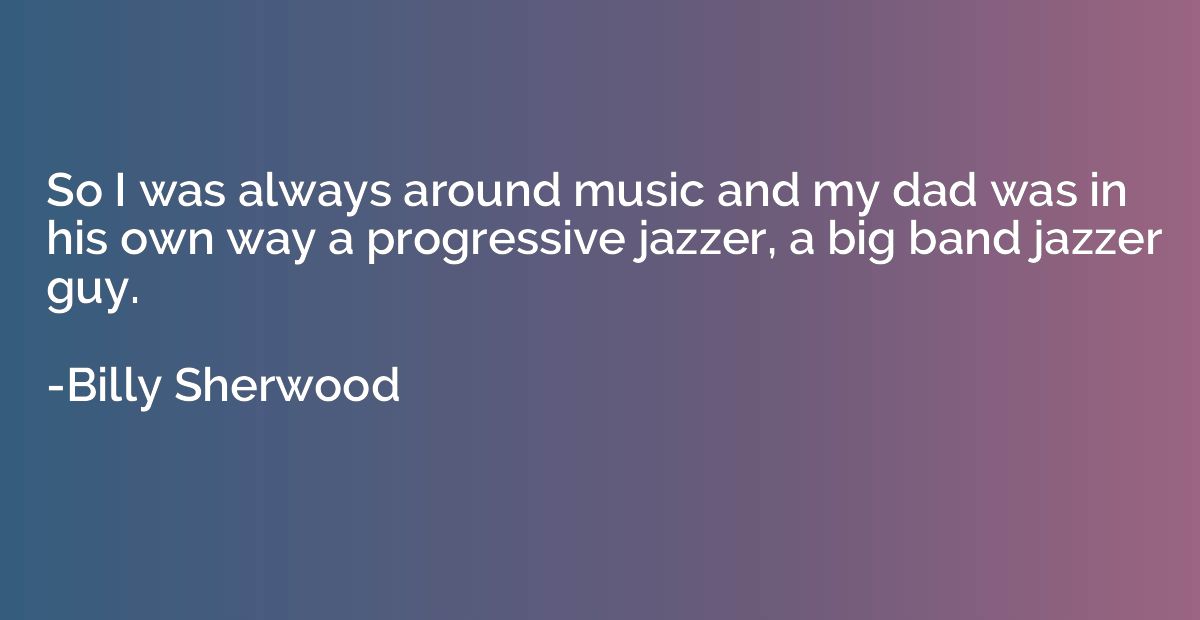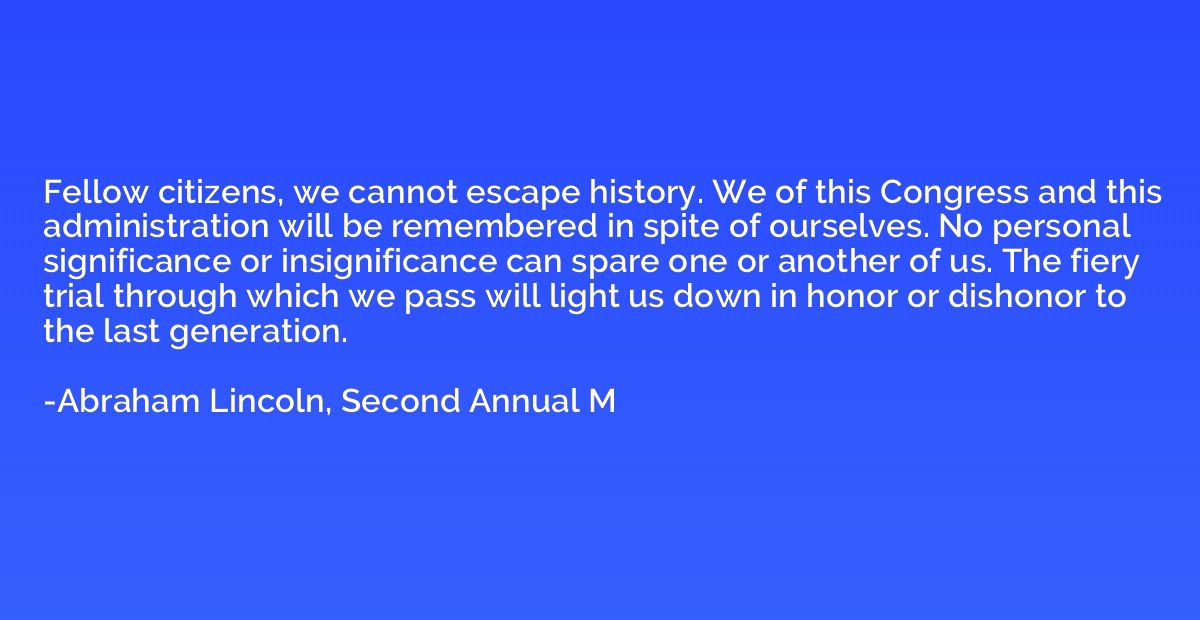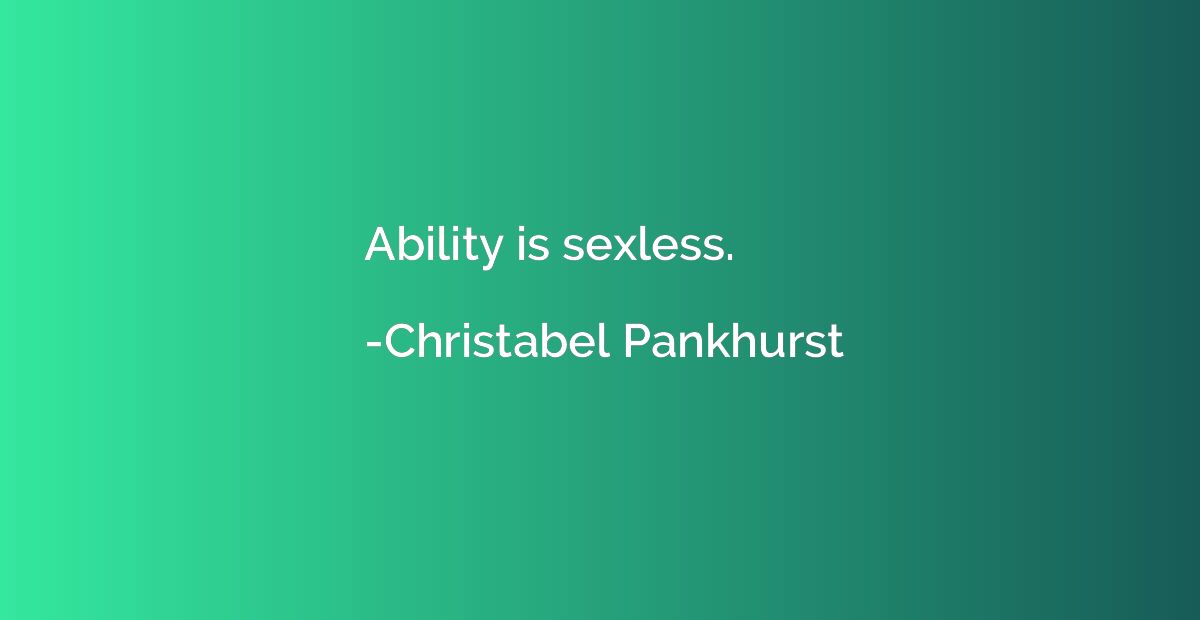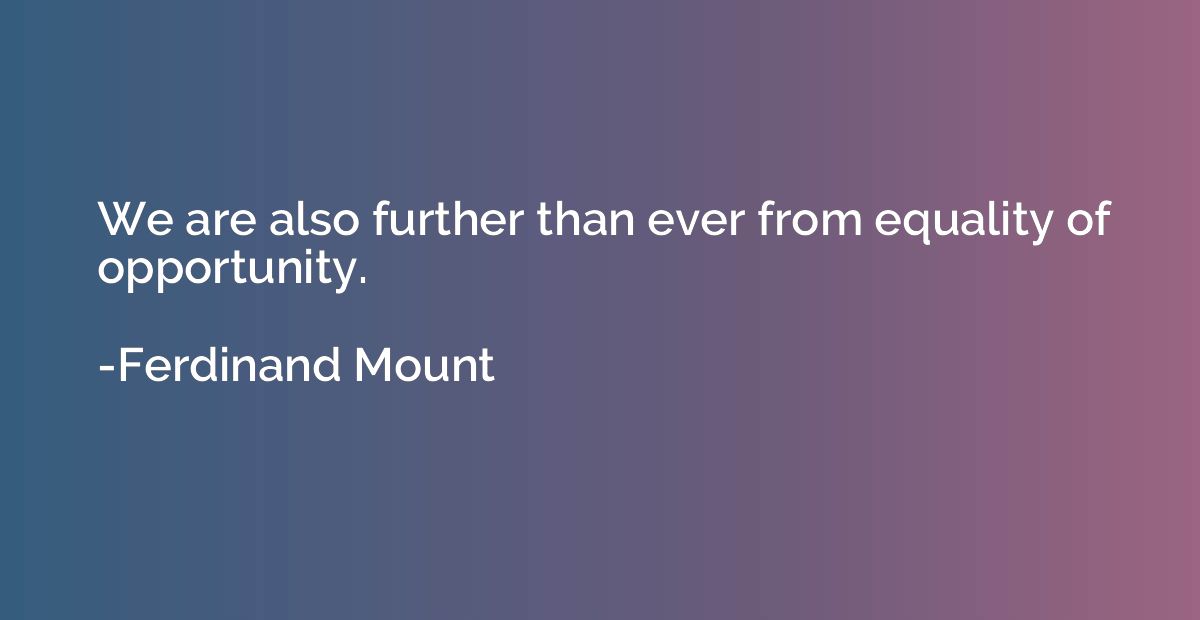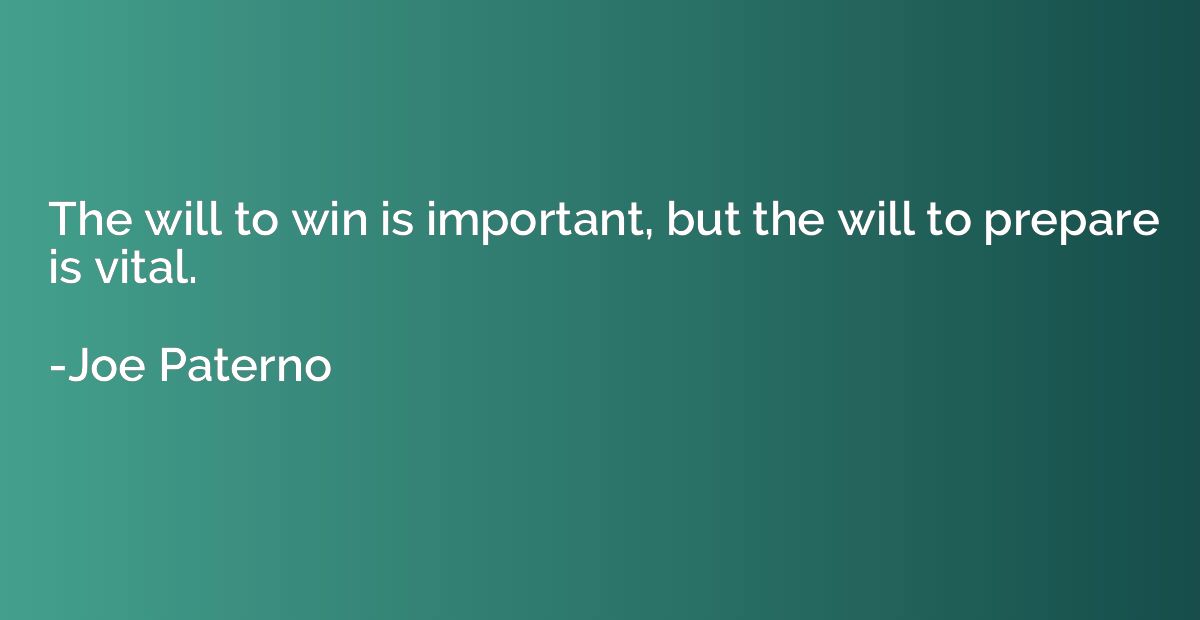Summary
This quote highlights our growing dependence on power and technology in almost every aspect of our lives. From basic everyday tasks to complex processes, power and technology have become integral components. Their pervasive presence has made us heavily reliant on them, shaping our interactions, communication, productivity, and overall lifestyles. While this reliance has facilitated convenience and efficiency, it also raises concerns about vulnerability and the potential adverse consequences of power disruptions or technological failures. Ultimately, this quote underscores the pervasive influence of power and technology in our modern society.
Topics
Technology
By Billy Burke
